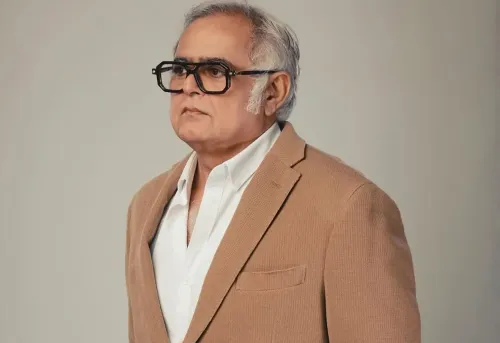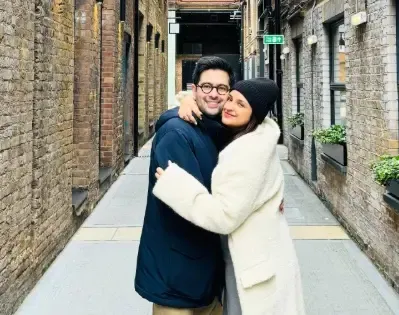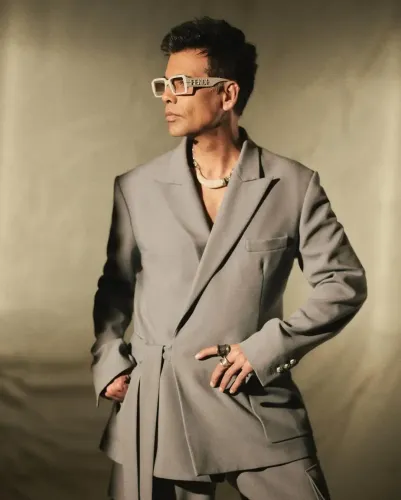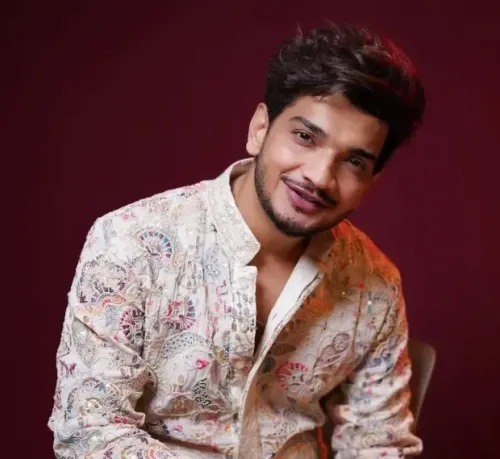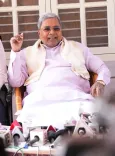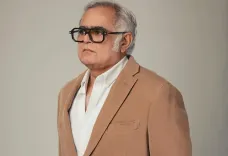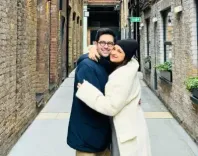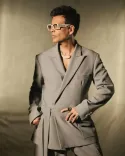Sonali Bendre Reflects on Her Kannada Film Experience

Synopsis
Key Takeaways
- Sonali Bendre's experience in Kannada cinema was not positive.
- She gained valuable life lessons from her film career.
- Collaborated with notable figures in the industry.
- Emphasized the importance of women in film production.
- Shared her journey from theatre to mainstream acting.
Bengaluru, March 8 (NationPress) Bollywood actress Sonali Bendre shared on Friday that her experience acting in a Kannada film was not positive.
She made these comments at the 'Amazon ElevateHER 2025' event, hosted by Amazon India to honor International Women's Day (IWD) 2025 in Bengaluru.
While reminiscing about her filmography, Sonali mentioned, "I have worked in Telugu films and did one film in Kannada. After that, I concluded, 'I don’t want to pursue this again.' I apologize, but it was not a favorable experience for me at that time."
This statement is expected to provoke discussion.
She starred in the Kannada movie 'Preethse', a remake of the Bollywood hit 'Darr', where she played the lead role alongside Kannada legends Upendra and Dr. Shivarajkumar. The film, released in 2000, was a significant success.
Reflecting on key moments in her career, Sonali said, "A significant turning point was landing my first film, as I had never intended to become an actress. It happened unexpectedly, and I chose to give it a go. I have traveled all over the country, including Bengaluru, from Nepal to Chennai. My father wanted me to concentrate on academics and pursue a career as an officer, which was his dream."
"I assured my father that I would only take two to three years, given the age restrictions. I wanted to explore this (acting). Once I began, there was no turning back. Committing to two to three years for something I was unfamiliar with was transformative. My life changed entirely," she added.
"The environment I entered was vastly different, and I was utterly unprepared. I was inexperienced, raw, and naive. Looking back, I feel that my ignorance was bliss. Now, reflecting on those days, I often wonder how I managed. Whenever I encounter challenges, I strive to reconnect with that fearless version of my younger self," Sonali recounted.
"There were numerous films -- some were catastrophic, really poor choices -- but they served as my best teachers. They taught me what to avoid later on and helped me identify the kind of individuals I should steer clear of. Then came my successful projects, and I discovered my family within the industry," she noted.
"Collaborating on the Marathi film 'Anahat' with Amol Palekar was also a critical moment for me. At that time, the industry was predominantly focused on commercial blockbusters. The sets were extravagant, and the working atmosphere was entirely different. On most sets, the only other woman present was my hairstylist, while the crew was predominantly male. That was the standard. However, now when I arrive at work and see so many women, including my all-female crew, it feels incredible. That film was instrumental in my growth," she continued.
"After I became pregnant, I moved into theatre. I was never formally trained in acting or dance -- I learned everything on the job. One of the most significant lessons I learned was that actors with a theatre background were the easiest and most delightful to collaborate with. I did 'Aap Ki Sonia' with Farooq Sheikh. Following his passing, I realized I could never perform it again without him. Working alongside him was an invaluable learning experience. He was exceptional, and being in his presence was a privilege. That journey taught me that theatre was not my calling," she concluded.

